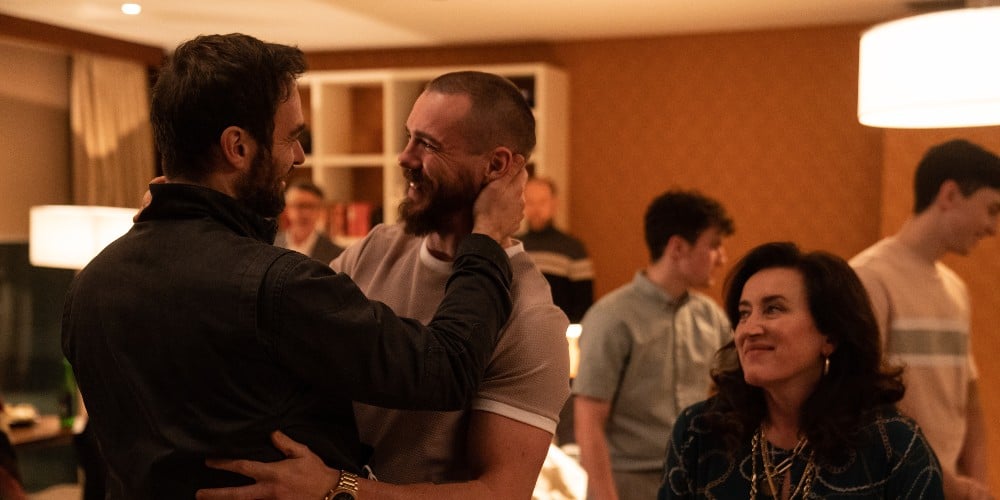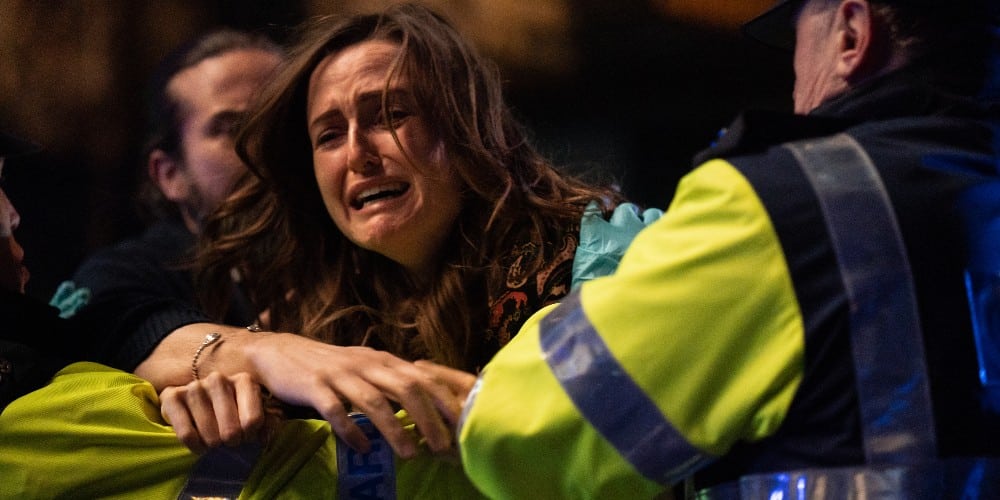Read also:
How to Watch FX Live Without CableHow To Watch AMC Without CableHow to Watch ABC Without CableHow to Watch Paramount Network Without CableA standard-story ensemble-based study of an Irish crime family, Kin nevertheless gives a host of terrific actors a chance to shine, both individually and together.
Kin, AMC+’s new crime drama, follows in the footsteps of those underworld sagas that came before it. Set in Dublin, mostly in the homes of members of the Kinsella family, Kin focuses on warring Irish families deep in the drug trade. While its story rarely exceeds expectations for subject matter, brutality, or surprise, its performances are excellent, thanks to a team of veteran actors who have numerous scenes full of ample, chewy dialogue to showcase their talents.
Aiden Gillen leads the pack as patriarch Frank Kinsella, and the rest of the family fills out around him: sons Michael (Charlie Cox), Jimmy (Emmett J Scanlan), and Eric (Sam Keeley), Jimmy’s wife, Amanda (Clare Dunne), and matriarch Birdy (Maria Doyle Kennedy). As with other crime dramas, especially those focused on a single family, Kin rarely pushes its pace, encircling the family in tighter bonds with each passing episode. Creators Ciaran Donnelly and Peter McKenna wait to drop sledgehammers of deceit and death while time moves in slow motion.

As outside forces move in on the Kinsellas, the family continually finds reasons to gather in the same room, to have smaller, secret meetings with one another, and for certain family members to try for bit of power. This gives Gillen, Cox, and Dunne moments to puff out their chests as both individuals and a collective, summon up all their acting chops, and leave everything on the screen, elevating the drama from watchable to warranted. The three stand tall and repeatedly prove worthy of their reputations
Kin juggles a handful of storylines, balancing the individual grief of several family members wading through different stages of the process. Michael deals with the fallout of his release from prison and his inability to see his estranged daughter. Amanda finds a footing within the family, only later understanding the weight and impact of her decisions. Jimmy and Eric act with disregard, only to later ask for forgiveness. And the Kinsellas keep on living in nice houses, driving nice cars, and sending their kids to the nicest private schools with money made off the addictions of others, a topic the series hardly explores.
While its story rarely exceeds expectations for subject matter, brutality, or surprise, its performances are excellent, thanks to a team of veteran actors who have numerous scenes full of ample, chewy dialogue to showcase their talents.
Even when the beats feel worn though, they’re well executed by Kin’s cast and writer’s room, never venturing too far into the dismal or the improbable. The family acts like a family, which gives the series a core built on deep, genuine relationships. Their actions and decisions always exist within the realm of possibility. And often, that’s the series’ greatest strength: its unwavering credibility.
Death walks with the Kinsellas. It’s an immutable part of this constructed world. Breakdowns are inevitable, and irrational decisions come with harsh consequences. The safety of those in and around the Kinsellas never seems certain. Every decision is made with the grief of someone specific in mind—it’s as central to the series as the family itself. Kin examines this grief as both an instigating force and an architect, a deep reaction that, in this world, leads into a spiral: more death, more grief, and longer wallows in an unsustainable existence.

When Kin leans into the strength of the Kinsellas as simultaneously likable and infuriating characters, it hits brilliance. In its more conventionally violent, quickened moments, it could be any other crime drama. Fortunately, the former is far more prominent than the latter. Thanks to the Kinsellas and the stupendous ensemble portraying them, it ultimately emerges as a worthy show.
Kin is now streaming on AMC+